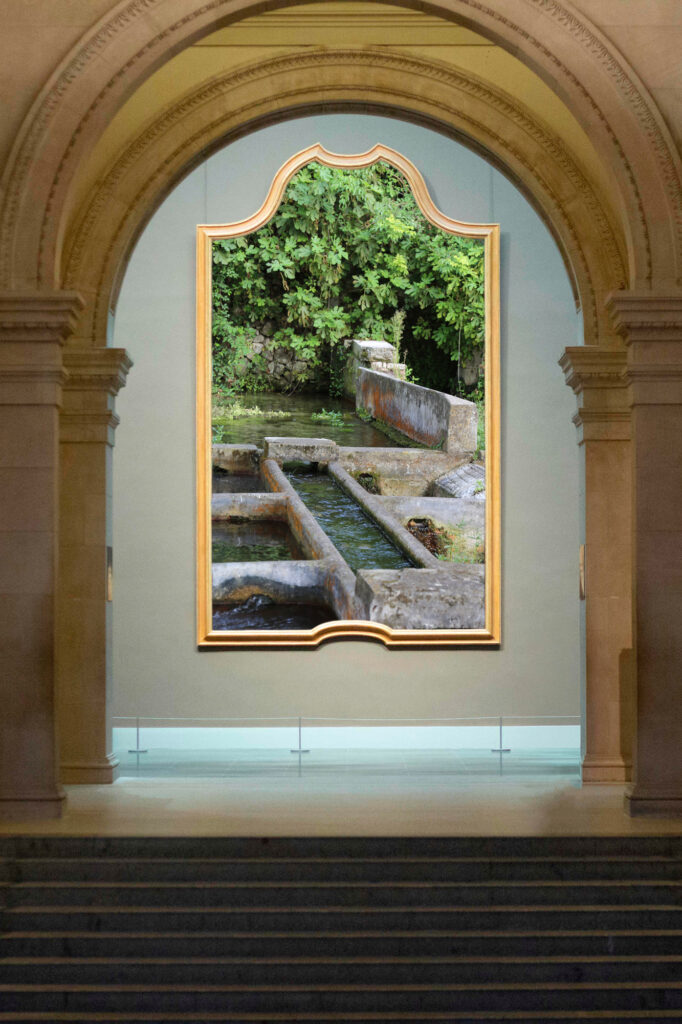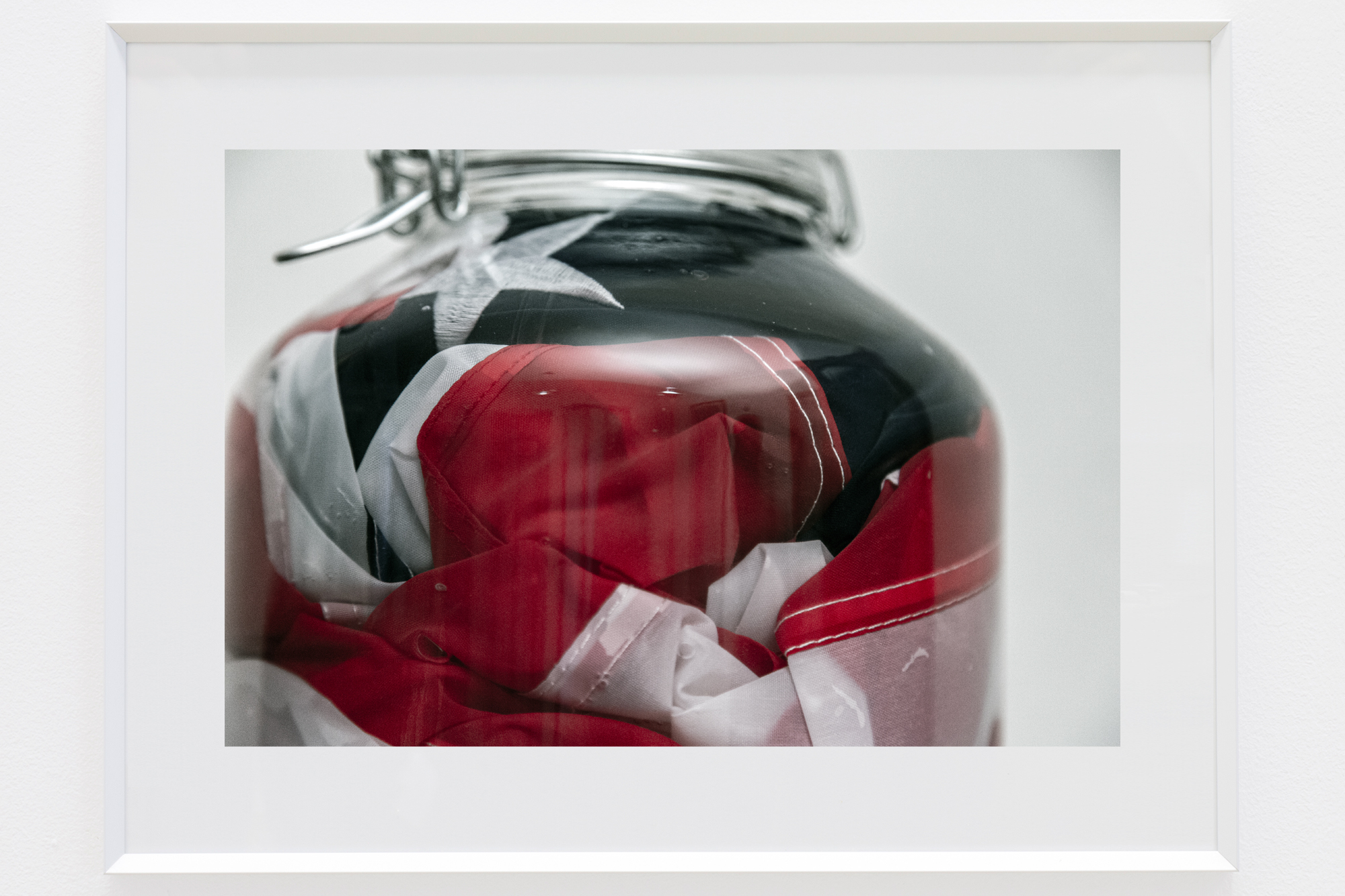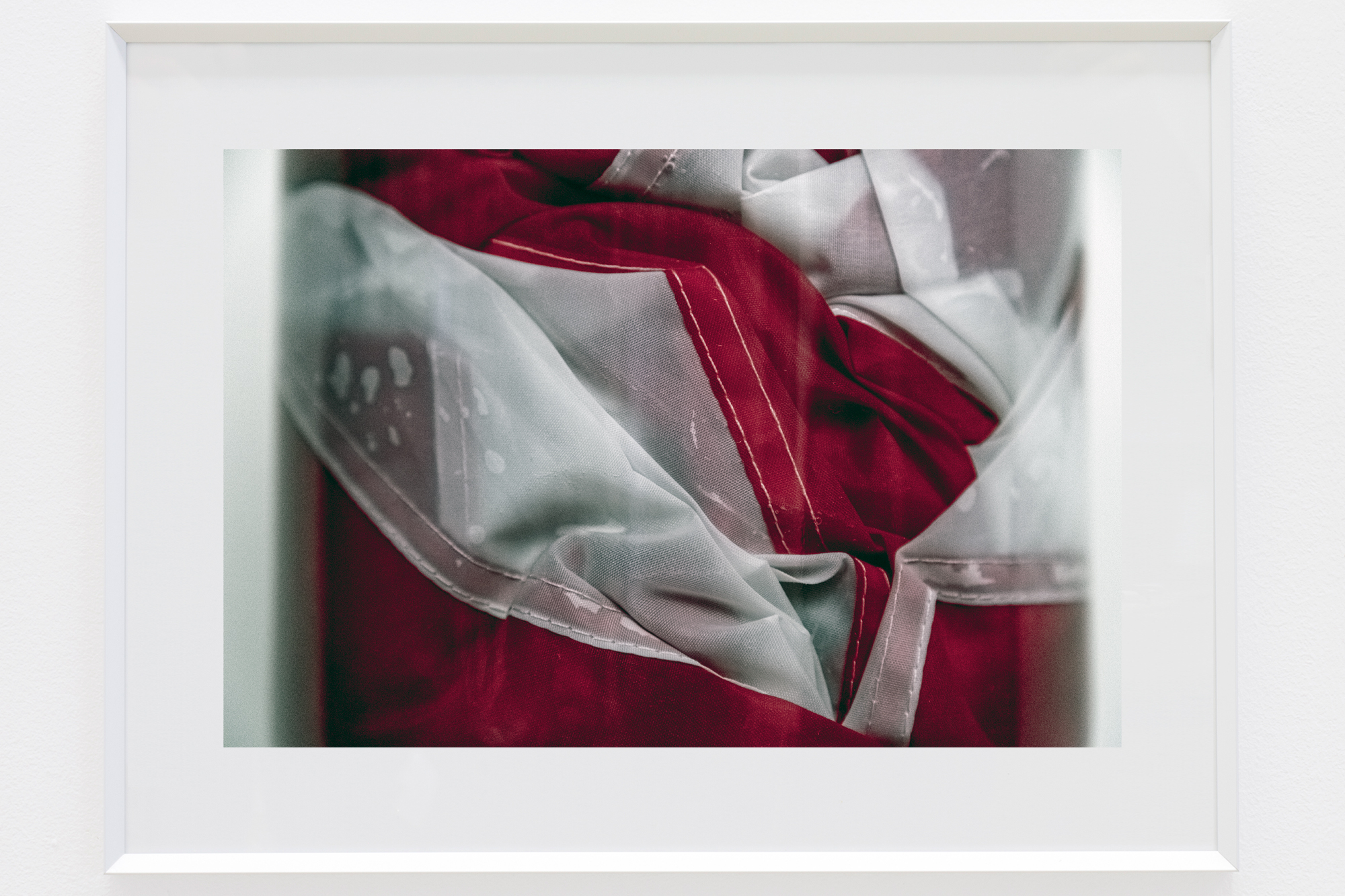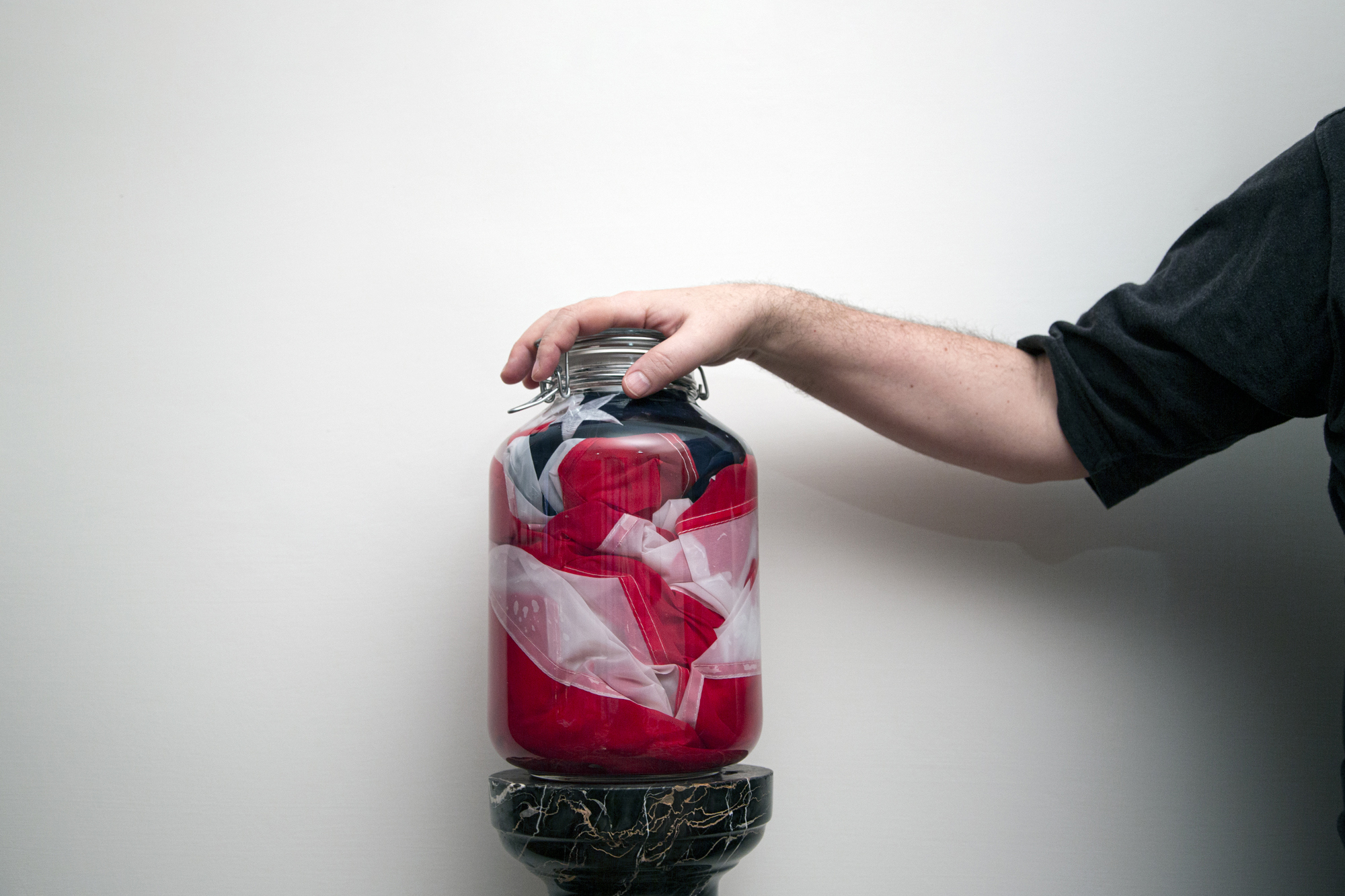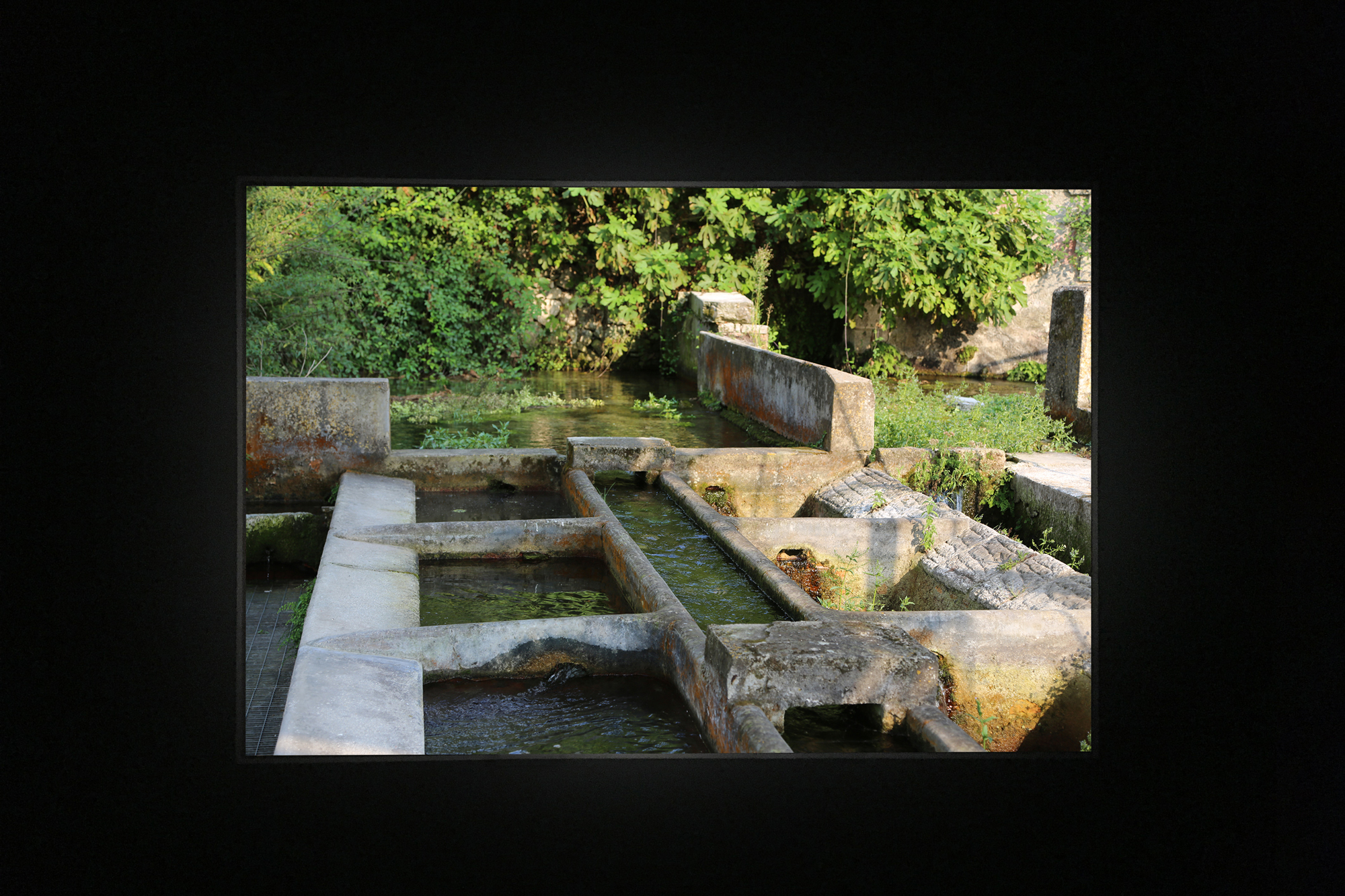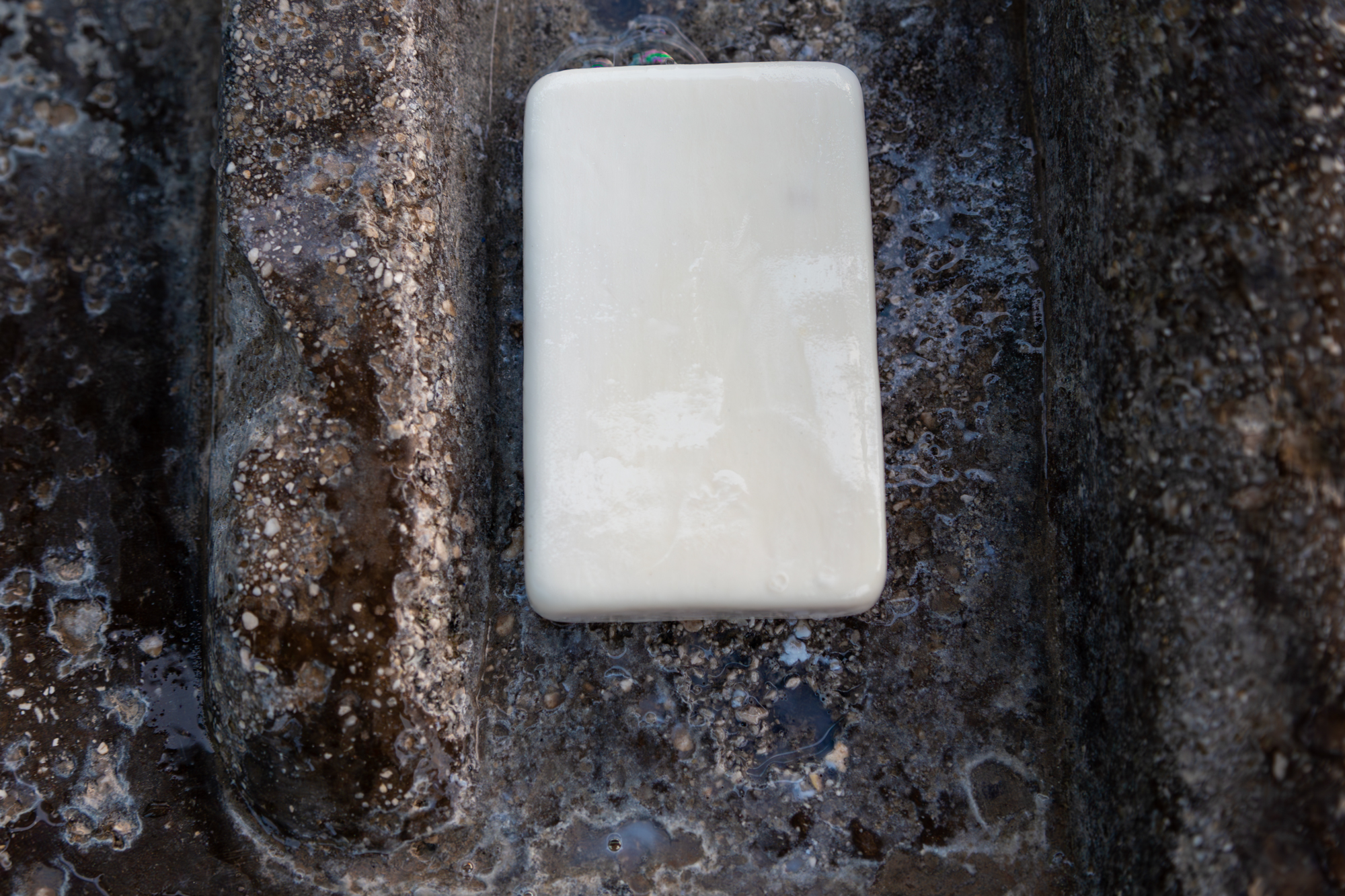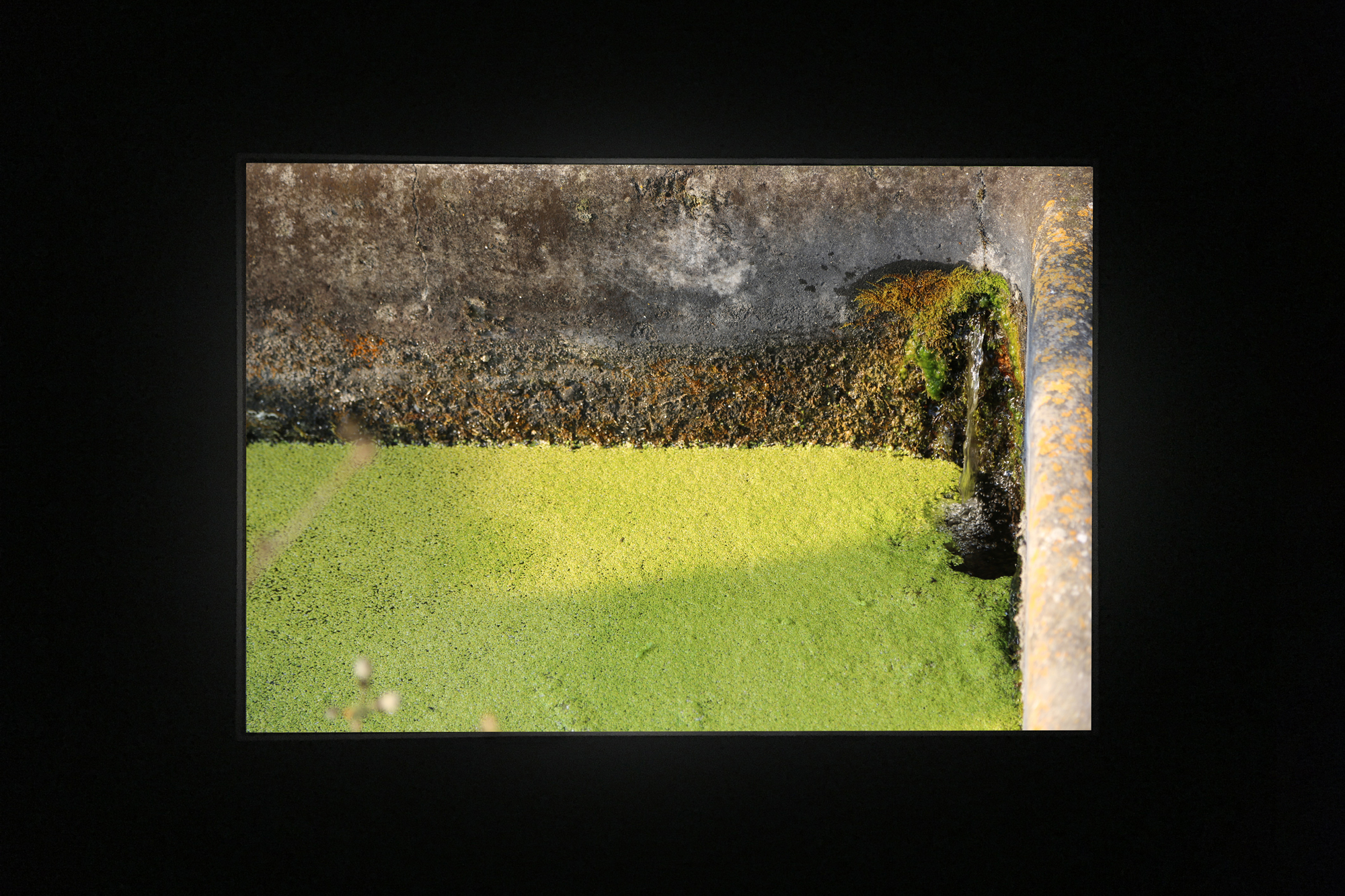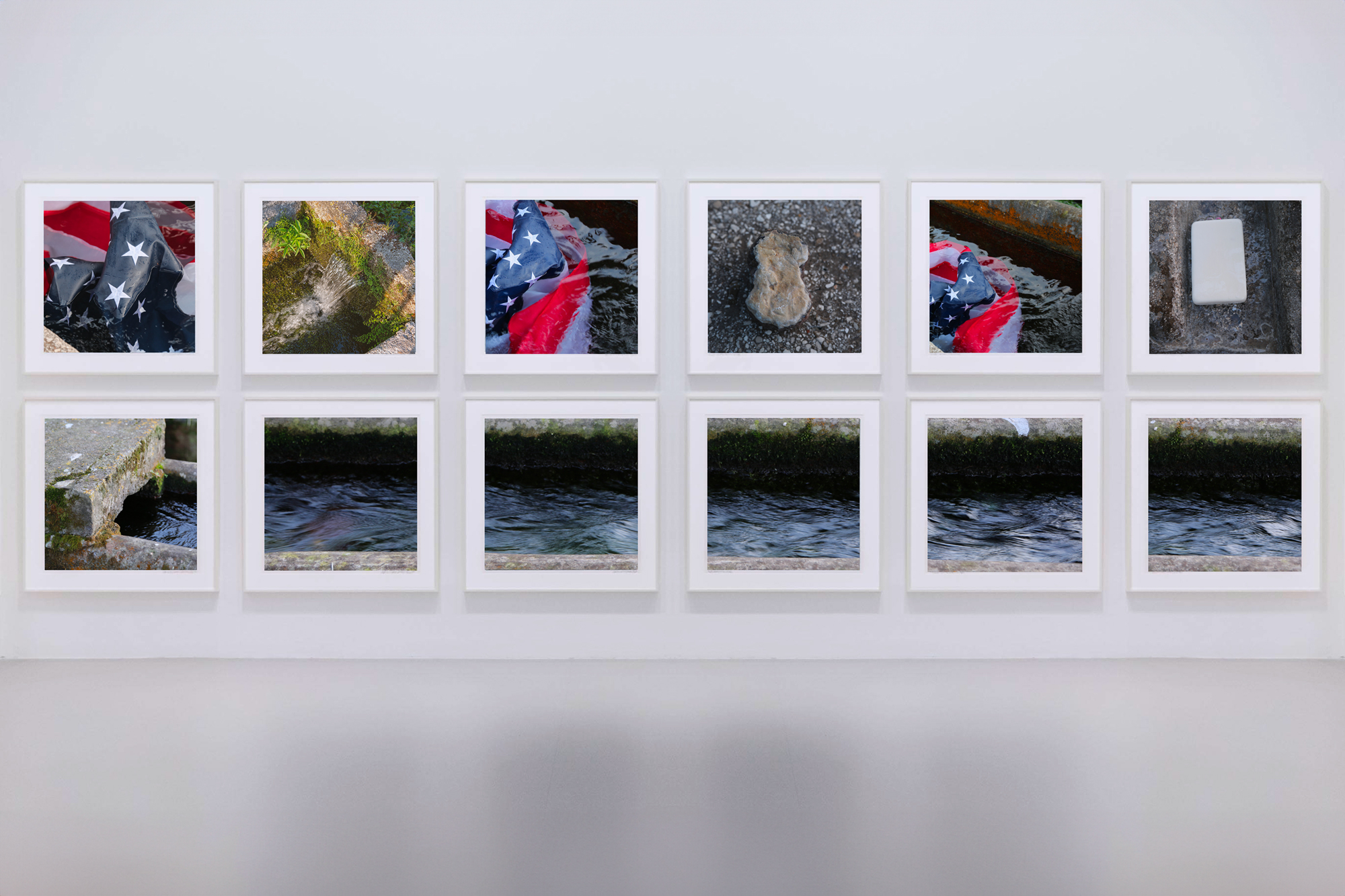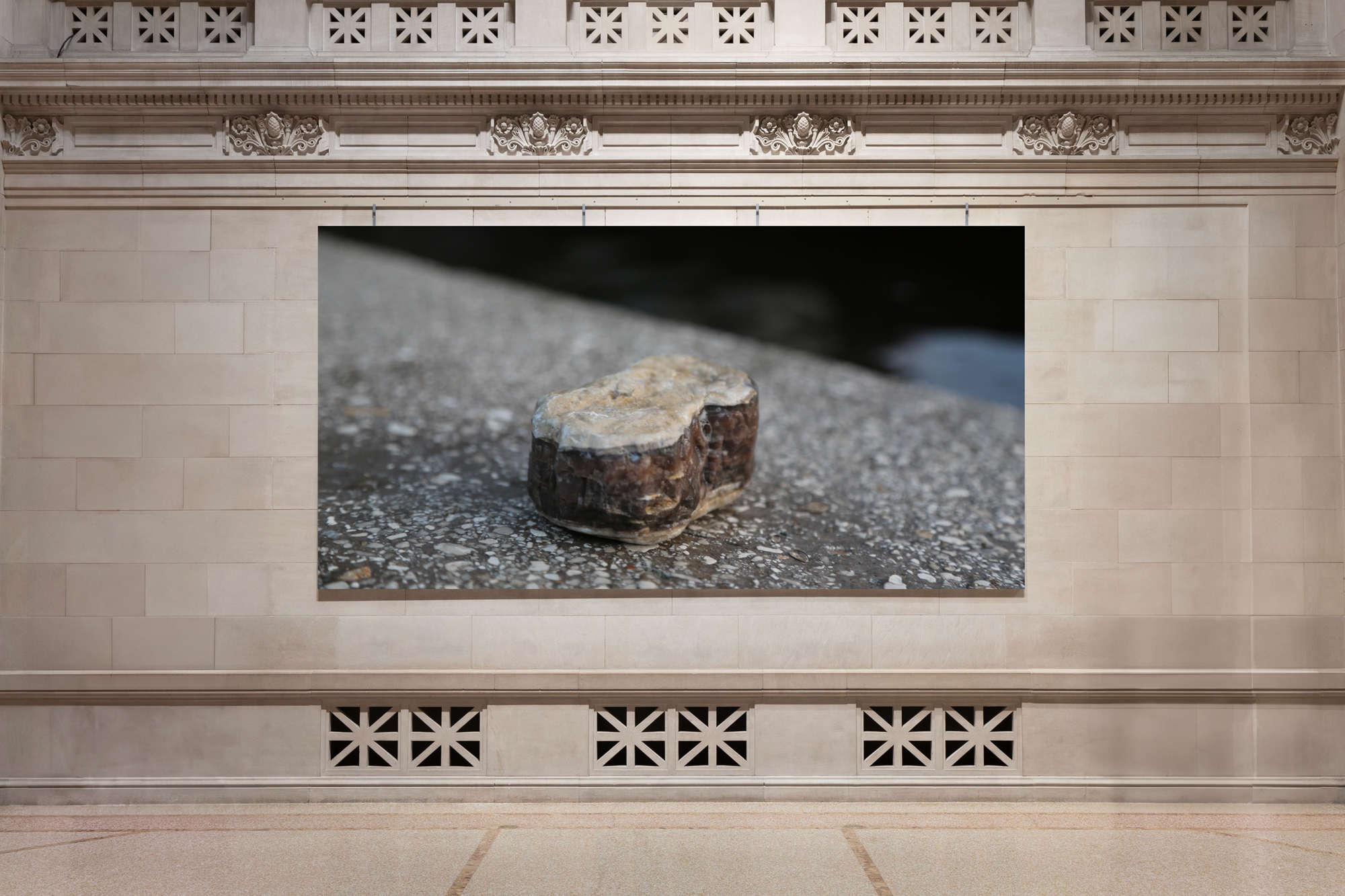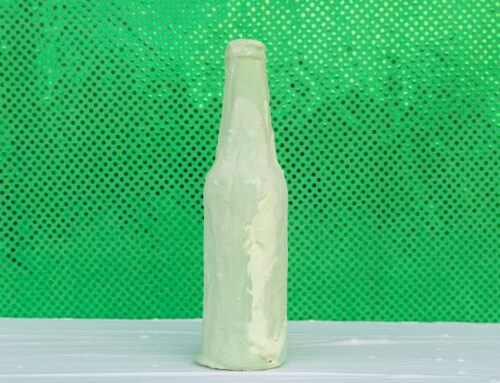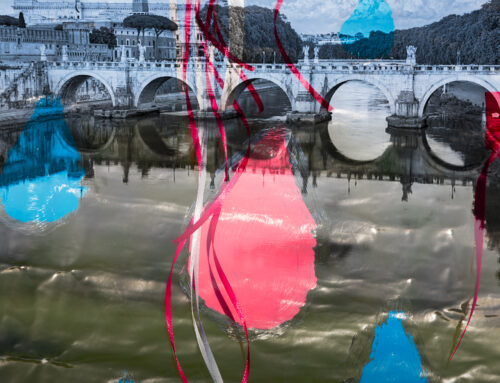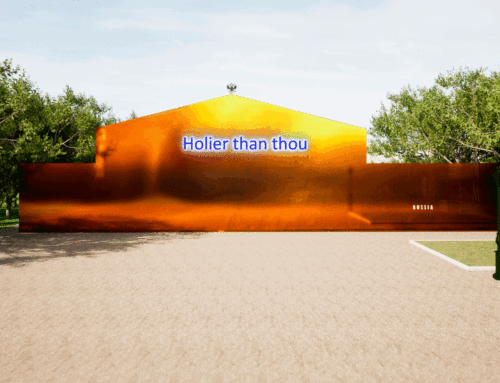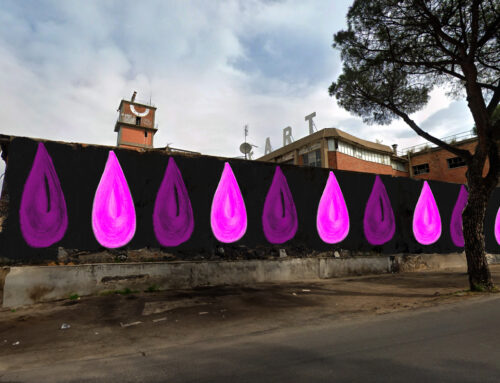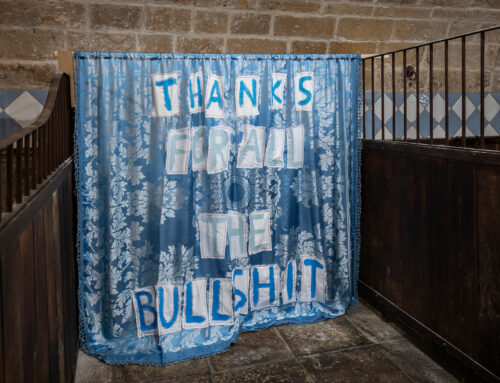Project Description
“…TEARS ARE NO LONGER TEARS, BUT WORDS, AND WORDS ARE STONES.”
CARLO LEVI
Public speech has become a corrosive form of post-postmodern existence. It is a sign of violence to come. Similarly to the opening of a door, it announces possibilities and impossibilities, what it may be but also what it is not. Public speech in the US has been all but rendered impossible if it does not conform and does not peddle to the stubborn madness, sheer ideological idiocy, and increasingly extremist views of society. The situation is not very different in Europe, where toeing the institutional line is a must for a peaceful existence. The premises of moral superiority, on the one hand, or genetic superiority, on the other, have created a divide which benefits, once again, those interested in a divided society for their own personal and financial gains or to achieve temporary visibility across media.
The works of art presented as part of the artistic project At the Washhouse deal with notions of freedom of speech, cultural engagement with no censorship boundaries, empathic dialogue, and more importantly respect towards the other and their differences. In a period and a society in which intolerance has become common currency and in which calls to arms are the norm, public speech has become the corrosive element of a flailing American democracy. The works of art, directly and indirectly, refer to issues of gender, race, and symbols of identity that have become tropes that justify violent discourse and, way too often, violent actions and reactions.
They respond to the necessity of reimagining other possibilities in which the flag, the American flag but also flags of other countries, is not the symbol of a rabid and obtuse allegiance. Flags should not be symbols to be pulled from all sides to cover shortcomings, personal failures, fascistic tendencies, and to silence opponents. The flag should be, like all flags, a symbol of ideals and should embody the idea of a future that may be possible through the coming together of people from a wide variety of backgrounds and social experiences. The washhouse, as a public space, becomes not only the place where the flag is corroded through insane and inane public speech but also the very place where the exercise of civility and empathic engagement may offer the opportunity for the understanding that arises from acknowledging the suffering of others and by learning to forgive past failures.
The process of washing, by beating the dirt off the flag with a stone and a bar of soap, hints at ideological structures that could be overcome but nevertheless leave traces that are both visible and covert. What does it mean in fact to be subject to a public discourse that demands the homogeneity of views? Is society really democratic if it ostracizes, threatens, and disrupts the lives of those who do not think along ideological lines?
Washhouses existed as social places in which working-class women shared the burden of pain in its multifaceted forms: existential, physical, and psychological. One could only try to imagine what damage cold water would inflict to the hands of women washing clothes all day long in order to earn a living.
The washhouse becomes an allegorical and hyperbolic place where the corrosiveness of public discourse can be beaten away. It is the place where ideals can be washed and where a different future can be reimagined as an alternative to current social and political upheavals.
Image Captions:
Image 1: Lanfranco Aceti, Spewing, 2020. Photographic print on fine art paper. Dimensions: variable.
Image 2: Lanfranco Aceti, Free Flowing Speech, 2020. Photographic print on fine art paper. Dimensions: 558.8 cm. x 326.7 cm.
Image 3: Lanfranco Aceti, Public Discourse: Left, 2020. Video.
Image 4: Lanfranco Aceti, Public Discourse: Right, 2020. Video.
Image 5: Lanfranco Aceti, Washout, 2020. Video.
Image 6: Lanfranco Aceti, Left, Center, and Right, 2020. Triptych. Photographic print on fine art paper. Dimensions: 50 cm. x 100 cm.
Image 7: Lanfranco Aceti, All the Things I Couldn’t Say, 2020. Print on fine art paper. Dimensions: variable.
Image 8: Lanfranco Aceti, Blue Went Out to Get Cigarettes, 2020. Print on fine art paper. Dimensions: variable.
Image 9: Lanfranco Aceti, I Have No Right, 2020. American flag, glass jar, bleach, and column in polychrome marble. Dimensions: 126 cm. x 19 cm. x 19 cm.
Image 10: Lanfranco Aceti, The Power of an Unbridled Tongue, 2020. Photographic print. Dimensions: 107 cm. x 150 cm.
Image 11: Lanfranco Aceti, The Soap Is Innocent, 2020. Photographic print on fine art paper. Dimensions: variable.
Image 12: Lanfranco Aceti, Suffocated Words, 2020. Photographic Print. Dimensions: 107 cm. x 150 cm.
Image 13: Lanfranco Aceti, Mouth Wash, 2020. Photographic prints. Dimensions: variable. Installation view.
Image 14: Lanfranco Aceti, Tears Are Stones, 2020. Photographic print on fine art paper. Dimensions: variable.


